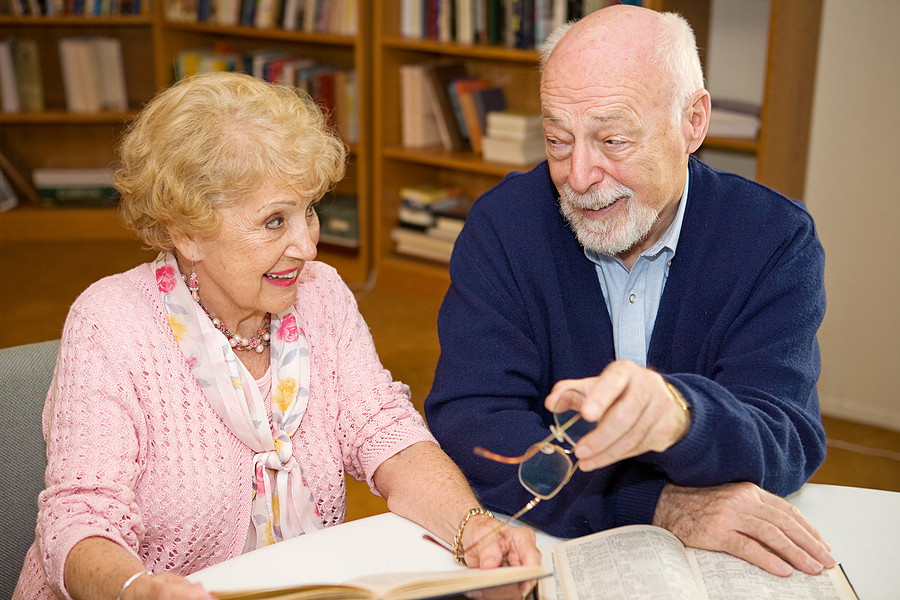Lifelong Learning: Keeping You Sharp in Retirement
Even if your formal education ended decades ago, you’re still learning every day when you interact with others and engage with the world around you. Beyond those passive learning experiences, when you consciously set out to learn new things, you may be surprised by how many benefits of lifelong learning you can reap.
Protecting your health as you age isn’t just about your physical well-being. There are numerous wellness benefits of learning for seniors, especially when it comes to your cognitive and mental health, such as:
Giving your brain a workout
You may have heard the adage “use it or lose it,” and it’s especially true when it comes to cognitive function. Your brain is essentially a giant muscle, and it needs practice to stay in shape. Stimulating the brain can happen in many different ways, from reading and tackling brain teaser puzzles to actively participating in activities that encourage lifelong learning for seniors. Multiple studies have explored how lifelong learning keeps you sharp, and some research even suggests that lifelong learning can help delay the onset of Alzheimer’s disease and other forms of dementia.
Developing practical new skills
In your later years, you may need certain skills you didn’t need previously. You might need to learn the ins and outs of new technology to keep in touch better with your kids and grandkids, or you may need to learn new styles of cooking for healthier recipes. If you rely on a spouse who has passed to handle your family finances, learning how to manage your money is a new necessity. Investing the time to learn new skills to adapt to your stage of life and circumstances may even help you remain independent longer.
Passing time productively
As a retiree, you may wonder how you can possibly fill the days with activities that leave you feeling productive and fulfilled. It turns out that taking up a new hobby can help you derive some of the cognitive benefits of continued learning. A study at the University of Texas followed seniors who were assigned different types of hobbies. Those who took on more complex activities, like learning about digital photography and photo editing, performed better on a subsequent memory test than those who took part in social activities or less demanding pastimes like games and puzzles.
Finding peers with similar interests
Whether you’ve recently moved to a new retirement community or your social circle is simply growing smaller as you age, you may find yourself longing for more social connections. Attending courses or lectures about topics that interest you is an easy way to find others who share your interests, and that’s a great foundation for a new friendship. In addition to challenging your mind in new and exciting ways, you’ll have a topic for discussion and debate, which also pushes your brain and delivers even more cognitive benefits.
Boosting your self-confidence
Aging brings some natural changes that may leave you frustrated when you can’t do things as easily as you once did. Another important benefit of lifelong learning is the positive impact on your self-esteem, which can help you overcome some of the mental or emotional struggles you might experience as your abilities shift over time. Instead of lamenting what you can’t accomplish, learning how to do something new gives you a sense of pride and a chance to focus on what you can achieve in this phase of life.
Explore a Community Where Living and Learning Go Hand in Hand
At The Moorings at Lewes, our robust activities schedule and resort-like amenities allow our residents to experience a dynamic and enriching lifestyle. Each of our living options makes lifelong learning for seniors a priority so residents can get the most out of their retirement years. Contact us to request more information, or schedule a visit to tour our stunning community and the coastal lifestyle that could be yours.



